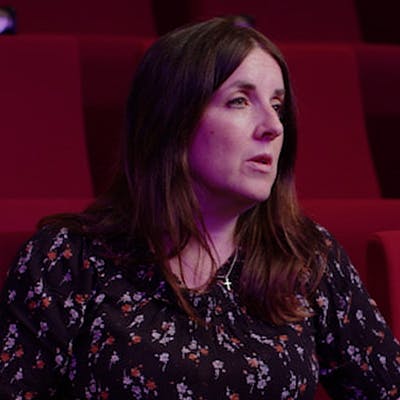
Dr Jane Aspell is an Associate Professor and Head of the Self & Body Lab at Anglia Ruskin University. Jane is a cognitive neuroscientist and her research focuses on how the brain creates our sense of self. Jane’s ongoing research goal is to investigate how the brain’s processing and interpretation of signals from the body provides the neurobiological basis for the self. To do this she runs laboratory experiments in which multisensory conflicts are generated in order to distort body and self perception in neurotypical participants, participants with autism, and participants with chronic pain. Her research aims to answer questions such as: How is the self related to the body? Which brain mechanisms are crucial for self-consciousness? How does the conscious experience of being a self with and within a body emerge from the integration of signals from multiple senses? And how do these more basic processes provide the foundation for 'higher', more conceptual levels of self and personal identity?


